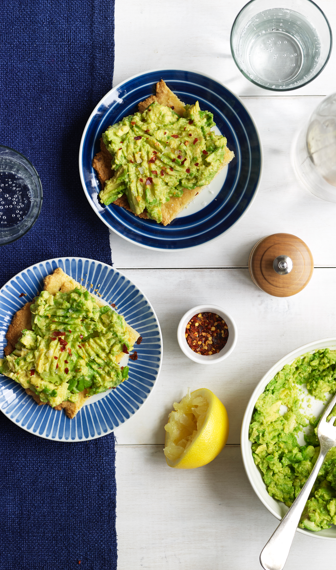Martin, C.K., Rosenbaum, D., Han, H., Geiselman, P.J., Wyatt, H.R., Hill, J.O., Brill, C., Bailer, B., Miller Iii, B.V., Stein, R., Klein, S., Foster, G.D., “Change in Food Cravings, Food Preferences, and Appetite During a Low-Carbohydrate and Low-Fat Diet, Obesity , 2011.
The study objective was to evaluate the effect of prescribing a low-carbohydrate diet (LCD) and a low-fat diet (LFD) on food cravings, food preferences, and appetite. Obese adults were randomly assigned to a LCD (n = 134) or a LFD (n = 136) for 2 years. Cravings for specific types of foods (sweets, high-fats, fast-food fats, and carbohydrates/starches); preferences for high-sugar, high-carbohydrate, and low-carbohydrate/high-protein foods; and appetite were measured during the trial and evaluated during this secondary analysis of trial data. Differences between the LCD and LFD on change in outcome variables were examined with mixed linear models. Compared to the LFD, the LCD had significantly larger decreases in cravings for carbohydrates/starches and preferences for high-carbohydrate and high-sugar foods. The LCD group reported being less bothered by hunger compared to the LFD group. Compared to the LCD group, the LFD group had significantly larger decreases in cravings for high-fat foods and preference for low-carbohydrate/high-protein foods. Men had larger decreases in appetite ratings compared to women. Prescription of diets that promoted restriction of specific types of foods resulted in decreased cravings and preferences for the foods that were targeted for restriction. The results also indicate that the LCD group was less bothered by hunger compared to the LFD group and that men had larger reductions in appetite compared to women.

